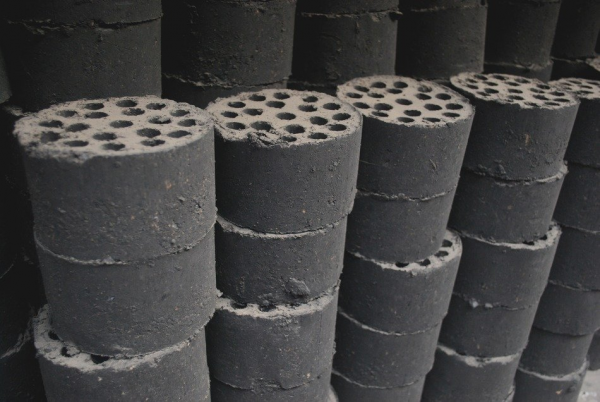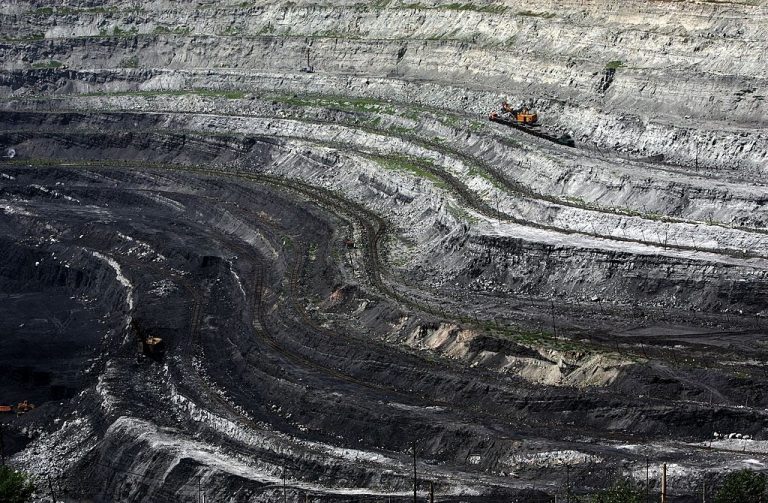The Chinese Communist Party’s (CCP) unofficial ban on Australian coal has turned into a boon for U.S. industry. However, Chinese citizens have often been left holding the bag as energy shortages have hit the world’s largest population. At the same time, the regime scrambles to fill the enormous supply void.
After China imposed an unofficial ban on Australian coal imports amidst tensions between the two countries when the Australian government demanded an investigation into whether the SARS-CoV-2 pandemic originated from the Wuhan Institute of Virology, the U.S. exported nearly 300,000 tonnes of coal in February into China.
In Q4 of 2020, China’s General Administration of Customs verbally directed state-owned utilities and steel mills to stop importing coal from Australia. The ban on Australian coal started in October and affected exports of thermal and coking coal, which fell from 2.5 million tonnes in October to zero in December. As Australia’s coal deliveries languished off the Chinese coast and were not allowed to dock in ports, fees were incurred by Aussie ships in the tens of thousands of dollars per day.

The increase in coal exports from the U.S. to China helped fulfill a trade agreement signed last January that required China to buy an additional $52.4 billion in energy products from the U.S.
According to data from the Peterson Institute for International Economics, China only fulfilled 39 percent of the goal in 2020 but has so far reached 80 percent of the commitment in 2021.
One country’s loss is another’s gain
Success
You are now signed up for our newsletter
Success
Check your email to complete sign up
The U.S. has benefited economically from the Australia-China spat by becoming an important coal supplier to the CCP. According to S&P Global Market Intelligence, U.S. coal exports to China jumped 748.2% in Q4 2020 quarter over quarter, which was a 251.8% increase year over year.
A recent Reuters article reported China’s coal imports rose by 0.6% in 2020 to a total of 303.99 million tonnes, with further rises expected in 2021. Imported and domestically produced coal to satisfy the demand that will arise due to the expected growth of the Chinese economy are expected to increase.
In an interview with SCMP, Argus Media Senior Analyst Lee Rou Urn pointed out that the transition from Australian to American coal was not without downsides, “US coking coal still pales in comparison to Australian coking coal in various ways, quality, consistency of specs, as well as its considerably small output which will in no way be close to meeting the kind of volumes that Australia can export to China in the old day,” he said.
Lee said Chinese steel mills have had to resort to altering their manufacturing processes as a result of the shortage in high-quality coal created by the Australian void, “by tweaking their blends to use more domestic coal or by taking as much suitable material from the U.S. and Canada as possible in the meantime.”
To fill the void created by Beijing’s ban on Australia’s cache, Chinese enterprises began importing from Russia, Canada, Mongolia, and Indonesia in addition to the U.S.
The Canberra-Beijing Scrap
China’s economic importance on the Australian economy is of a far greater impact than Australia’s on the Chinese economy. China has suppliers and buyers among many nations. However, Australia is heavily dependent on both Chinese imports as well as exports. While China looked to other countries to fulfill its coal needs, Australia had to work on new trade opportunities to export its product to countries such as Japan, India, South Korea, and Thailand.
The Canberra-Beijing dispute affected coal exports and impacted Chinese imports of lobster, wine, log timber, sugar, and barley.

Coal ban fallout
Power outages were reported in Guangdong province in December of 2020, shortly after the ban took effect. Hong Kong’s Apple Daily newspaper described the outages as grid failure. The incident was investigated by Radio Free Asia (RFA), who found residents of the Province complaining on social media that both their water and cellular signal were disrupted. The CCP was censoring the matter to keep public sentiment silent. The Communist Party’s ban on Australian coal continued despite the power outages many of its citizens faced.
The large market as a consumer and supplier of cheap goods makes China a formidable foe in economic warfare. Along with a lower-paid labor force, Chinese industries have the support of the communist state through subsidies which make goods cheaper to produce. Once these low-cost goods flood the global market, consumers become dependent, creating an imbalance in Beijing’s favor.
If a dispute arises between nations, China will use its economic upper hand to punish countries such as Australia.















